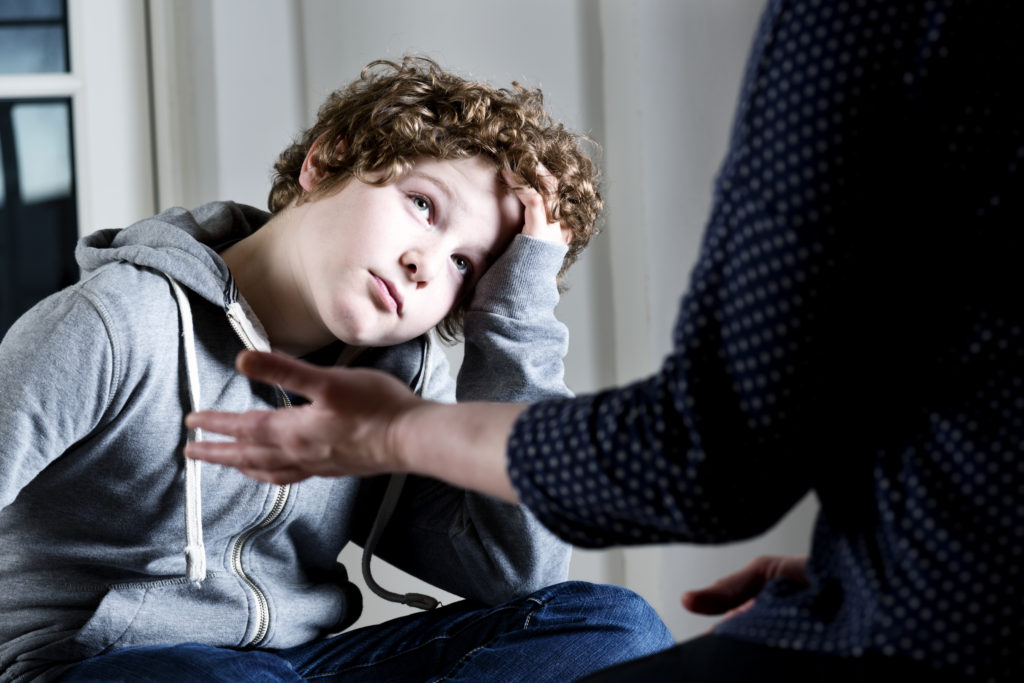


As part of Children’s Mental Health Week, our Mental Health Professional, Clinical Psychologist Lauren Topper, gives us her insight into ways of dealing with your child’s rising anxiety.
“The one thing that children wear out faster than shoes is parents” (John J Plomp – Author).
Anxiety, including separation anxiety is the endemic that has been exacerbated by the pandemic. Children and their parents have spent nearly two years living with uncertainty and inconsistency. This has taken a toll both on us as parents, as well as on our children.
How do we support our children with rising anxiety levels, given that we are most likely exhausted already?
Firstly – put on your own gas mask first – look after yourself. Be kind to yourself. Watch your language and avoid telling yourself words such as ‘should’, ‘must’. In trying to support your child, take a moment to reflect on what your child may be thinking and feeling (e.g. ‘I don’t like change’; ‘I am worried in case mummy/daddy/grandparent doesn’t come back’; ‘my feelings are strong like a bully and I can’t control them’). Children experiencing anxiety will find it very hard to engage their ‘thinking brain’, the part of their brain which allows them to reason and strategise (think of a blown light fuse).
It is therefore important that we ‘connect’ with their feelings before we try to ‘correct/reassure’ – this will help the child to feel understood (like re-engaging the light fuse), and make it easier for them to understand and to manage their feelings.
When talking to your child, accept how they are feeling, be curious to try to understand their internal world, and show that you care through the use of empathy. Have in mind that children’s anxiety does not always ‘look’ like anxiety – many children show their feelings through their behaviour.
Remind yourself that your child’s behaviour is likely the ‘tip of the iceberg’, and underneath is a whole heap of feelings and worries.|
Practical points:
Try not to avoid situations in which strong feelings will emerge for your child. Only about 7 percent of communication happens with words! Think voice, face and posture: take a deep breath, kneel down to eye level and show your child warmth with your eyes. Provide clear explanations of what will happen in your child’s day.
Make sure you are as predictable and reliable as possible – return when you say that you will. Show confidence to your child about the separation, and try not to show your own anxiety (anxiety can be contagious!) Start with shorter separations where possible, and provide additional ‘special time’ to make up for the time that they are losing with you. Be honest about leaving and try not to sneak out (think long term trust vs. short term benefits of avoiding their strong emotions).
Your child may benefit from a transition object to take with them, or to leave at home. Story telling can help to externalise the difficulty and make it easier for your child to think about difficult feelings. Remember that anxiety may increase at certain times (e.g. when the child is unwell, changes to the wider routine, times of transition). You can also engage in different emotional regulation activities, to help your child cope with their strong emotions (e.g. music, bubbles, breathing exercises, journaling, star jumps, visualisation techniques).
Remember – be kind to yourself, and remember that the main strategy against anxiety is reliability, consistency and predictability (and patience!)